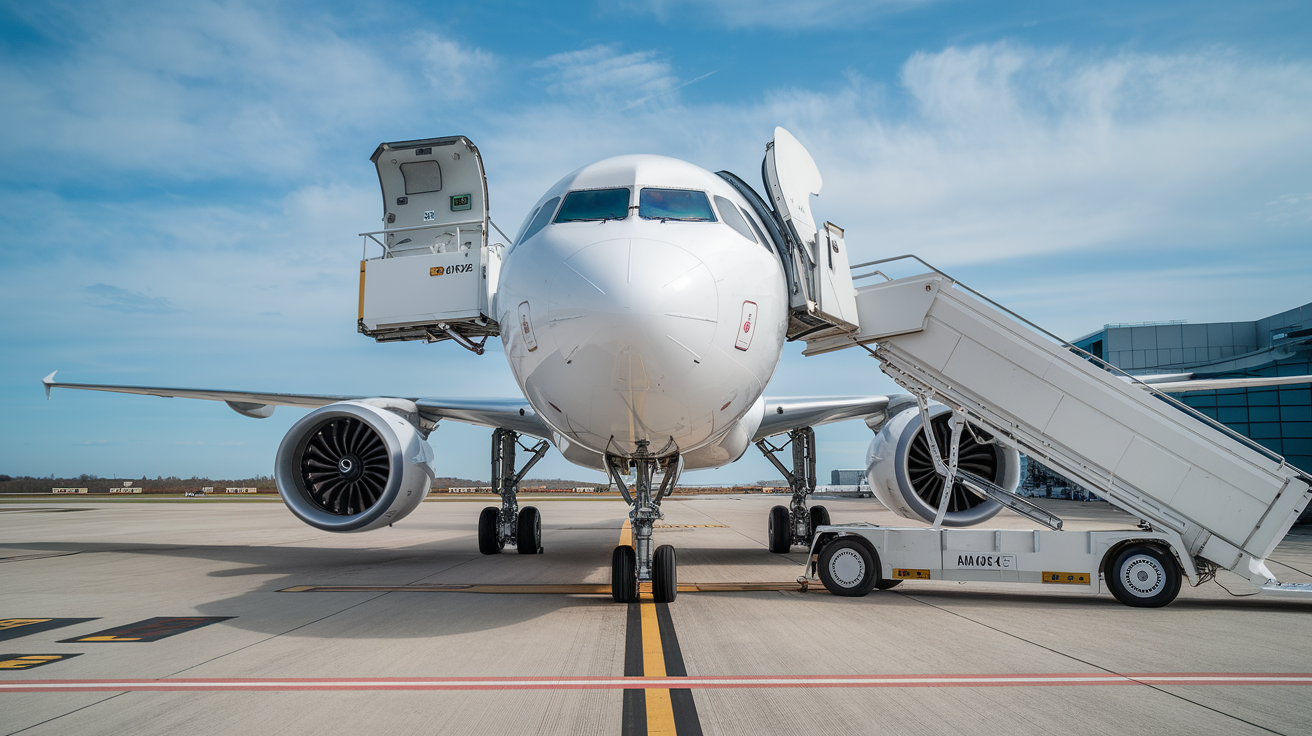Introduction to A320 Parker Pumps
Parker Hannifin, a leader in motion and control technologies, has developed specialized pumps for Airbus’s A320 series. These pumps, commonly referred to as A320 Parker pumps, are used to manage fuel flow, crucial for aircraft operation. The pumps’ advanced technology allows optimal fuel distribution, significantly improving the A320’s fuel efficiency.
Key Design and Functionality
A320 Parker pumps feature a compact, reliable design, including pressure-compensated, variable displacement capabilities. This design allows the pump to vary its fluid delivery depending on real-time demand within the fuel system. By optimizing flow, Parker pumps reduce the potential for fuel wastage, a significant advantage in the competitive aviation sector.
The pumps utilize an axial piston configuration, where the piston movement is controlled by a compensator to maintain stable system pressure. The piston’s stroke length is adjusted by altering the hanger angle, which affects displacement and controls fuel flow to ensure stability.
Fuel Efficiency and Environmental Impact
By improving fuel efficiency, A320 Parker pumps contribute to reduced operational costs and align with the aviation industry’s focus on sustainability. Efficient fuel distribution minimizes fuel consumption, helping airlines reduce their carbon footprint. These environmental benefits align with global aviation trends toward greener operations, as airlines strive to meet stricter regulatory standards.
Operational and Safety Features
Safety is a critical factor in the aviation industry, and A320 Parker pumps are built with reliability in mind. Their robust design minimizes the risk of failure, ensuring that the fuel system operates seamlessly during flight. Additionally, the pumps undergo stringent testing under varied conditions to confirm their reliability, which is essential for passenger and crew safety.
Maintenance and Reliability
Regular maintenance of A320 Parker pumps is crucial for ensuring their long-term reliability and operational efficiency. Airlines are encouraged to perform consistent inspections and adhere to recommended servicing schedules. By following these protocols, airlines can maximize pump lifespan and reduce the likelihood of mid-flight issues, which helps maintain high safety standards across operations.
Comparisons with Older Pump Models
Compared to older models, the A320 Parker pumps showcase several improvements, particularly in reliability and efficiency. The advancements in these pumps reflect the industry’s commitment to technological evolution and fuel system optimization. Airlines using Parker pumps report fewer maintenance issues and greater overall efficiency, showcasing their superiority over legacy pumps.
Technical Specifications
A320 Parker pumps are equipped to handle high operational pressures, accommodating various aircraft requirements. They operate at system pressures up to 3,000 psi and deliver variable outputs based on the pump model. This flexibility allows them to be used across different configurations within the A320 series, meeting diverse operational demands.
Training and Support for A320 Parker Pumps
Proper training is essential for personnel managing A320 Parker pumps, as the technology requires specific operational knowledge. Parker Hannifin offers comprehensive training programs to ensure that airline personnel can handle the pumps efficiently. Ongoing support and resources from Parker enable airlines to stay up-to-date with any technical advancements or changes in maintenance requirements.
Cost Implications and Benefits
While integrating A320 Parker pumps requires an initial investment, the long-term cost benefits are substantial. Airlines can see a return on investment over time by reducing fuel consumption and minimizing maintenance needs. The improved efficiency offered by Parker pumps is attractive to airlines aiming to cut costs without compromising performance.
Future Innovations in A320 Parker Pumps
Parker Hannifin continues to invest in research and development to improve the A320 pumps further. Future upgrades may include materials designed to withstand even greater pressures, as well as enhancements to fuel distribution accuracy. Such innovations will likely make the pumps even more efficient and aligned with evolving industry standards.
Conclusion
In summary, A320 Parker pumps have revolutionized fuel systems in the Airbus A320 series by enhancing efficiency, reliability, and environmental responsibility. Their advanced design and functionality make them essential for modern aviation. As airlines strive to stay competitive, adopting these pumps can lead to improved operational outcomes and reduced costs in the long term
.










